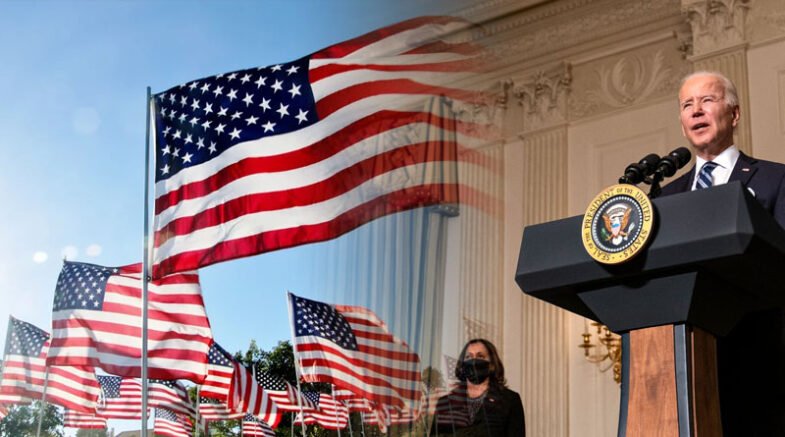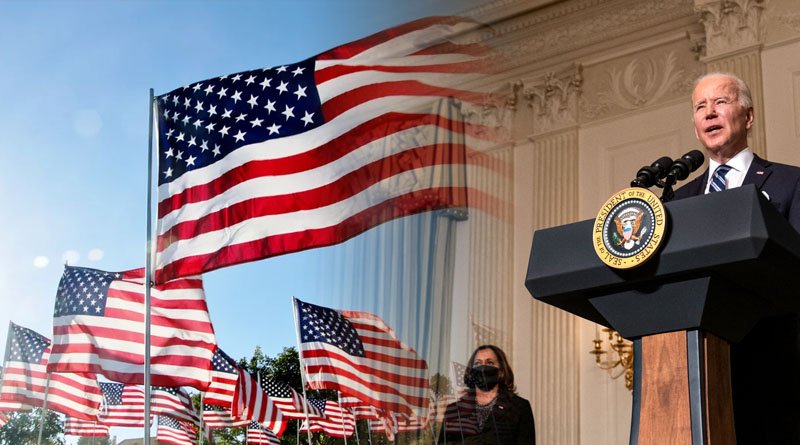“Improving scientific integrity across the Federal government is critical to keeping all of America safe, healthy, and secure,” Arati Prabhakar.

US President Joe Biden’s administration has unveiled a plan to protect government science from political interference. The White House issued guidance on January 12 that lays out the standards for policies that federal agencies have been asked to develop in the coming months.
“Improving scientific integrity across the Federal government is critical to keeping all of America safe, healthy, and secure,” Arati Prabhakar, Biden’s science adviser and director of the White House Office of Science and Technology Policy (OSTP), wrote in an accompanying memorandum to federal agencies. “Scientists must have a seat at the table, and scientific data must reach decisionmakers without undue influence.”
The document, which arrived at the start of Biden’s third year in the White House, was drafted in part in response to the downplaying of science and the marginalisation of scientists at multiple federal agencies during former President Donald Trump’s administration. It also comes after controversy in Biden’s own administration.
Following media reports that he mistreated staff, Eric Lander, the president’s former science adviser and OSTP director, resigned in February 2022.
In addition, the US National Academy of Sciences sanctioned Jane Lubchenco, the OSTP’s deputy director for climate and the environment, in August last year for violating conflict-of-interest rules by editing a paper in the journal Proceedings of the National Academy of Sciences that was co-authored by a former student who is now her brother-in-law.
The OSTP did not respond immediately to requests for comment. Lubchenco has apologised for his “mistake in judgement” prior to joining the White House.
Government watchdogs hailed the White House’s 66-page guidance document as a significant and long-awaited step forward. They do, however, believe that additional steps will be required to secure the role of scientists and science in government decision-making and to prevent the type of political meddling that occurred under Trump.
“This should be hailed as a great achievement for federal science,” says Jacob Carter, research director for the Center for Science and Democracy at the Union of Concerned Scientists, a Cambridge, Massachusetts-based advocacy group.
It aims to prevent the kind of meddling that occurred under President Donald Trump, including altering public-health recommendations during the COVID-19 pandemic. The framework outlines ways to strengthen, expand and standardize scientific-integrity policies across agencies.
The Obama administration had made a similar push in 2010, but it’s only now that the White House is following through. “This is really new territory,” says Francesca Grifo, head of scientific-integrity policy at the Environmental Protection Agency.
Agencies have 60 days to submit their own policies for review by the OSTP, and are expected to post their proposed policies for public comment within 6 months. New guidance also includes a model policy for agencies to use as a template. John Holdren: “It’s great that the Biden administration has restored the proper focus on scientific integrity”.
Advocates say there is a lot to like about the OSTP’s new guidance, but questions remain about enforcement and protocol for breaking the rules. “I think that’s a missed opportunity,” says Lauren Kurtz, executive director of the Climate Science Legal Defense Fund.
Kurtz: A hostile administration could wipe out the entire framework, as well as individual agencies’ policies, with the stroke of a pen. A permanent solution would be to enact a federal law that would make it illegal for government officials now and in the future to violate scientific-integrity policies. Thus far, efforts to introduce such a bill in Congress have fallen short, but Carter remains hopeful.
